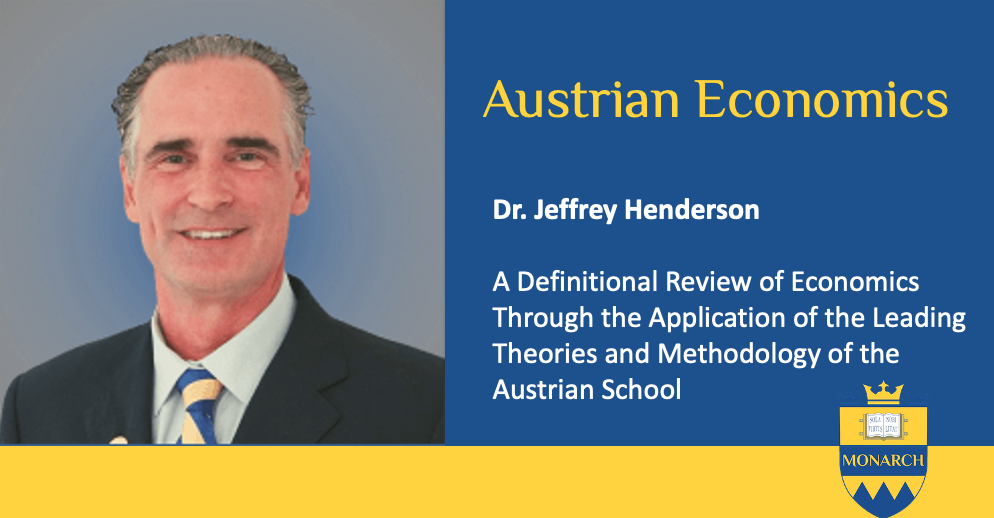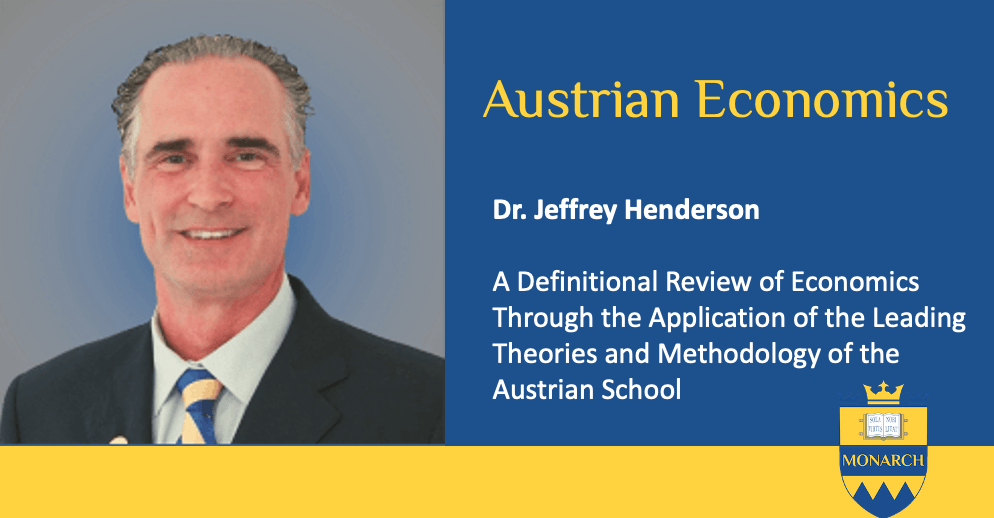A Definitional Review of Economics Through the Application of the Leading Theories and Methodology of The Austrian School
Keywords:
Austrian Economics, Praxeology, Human Action, Economics, Economic Thought, Individualism, Subjectivism, Value, Price, Business Cycle, Entrepreneurialism, Hayek, Mises, Menger, Kirzner, Rothbard, Bohm-BawerkAbstract
The article examines the shortfalls of traditional definitions of economics from the viewpoint of the Austrian School of Economics as being too narrow and overly mathematical. Important concepts of human action and volition are considered. The discussion centers around the notion that the nature of knowledge within economics is not the same as the hard sciences from where the scientific method originates and that its use in economics is ill-conceived. The study of human action, known as “Praxeology” focusing on the improvement of a person’s situation is considered key to understanding the true nature of economic thought. Concepts of scarcity, time, reason, equilibrium are further discussed. Critical concepts such as Methodological Individualism, Methodological Subjectivism, the Theory of Subjective Value and the Theory of Diminishing Returns are reviewed. The critical concept of Entrepreneurialism and the Entrepreneur with their role in the economy is discussed. The discourse closes with a focus on the Austrian Theory of Price and the Theory of the Business Cycle.






